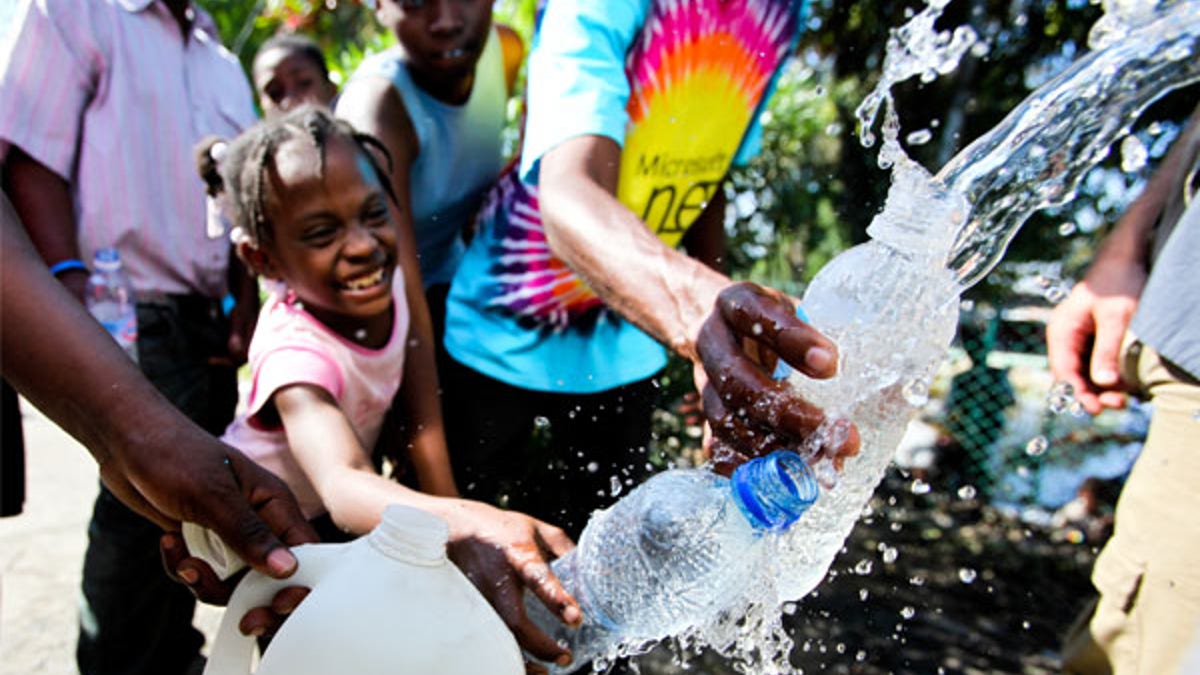
This morning -- and every morning -- as I stand at my kitchen sink to fill the coffee pot, or to brush my teeth in the bathroom sink, or to pour a glass of water to drink, I am most thankful that the water coming from the faucet is clear, cold and absolutely safe.
Safe water is a rare commodity available only to the well-heeled in most places in the world. It is available for free or almost free to me and everyone else here in America. But this is not the case in most other countries.
I serve as president of Operation Blessing International, a global humanitarian charity. I travel to dozens of countries each year where our teams work to save lives and alleviate suffering, much of it caused by contaminated water—water that looks harmless, but contains nasty germs, disease-causing bacteria and viruses, and parasites. These contaminants are invisible to the naked eye, but poisonous to the people drinking the water, especially the very young and very old.
[pullquote]
In most of the countries I have visited lately, I wouldn't dare drink water from a tap or allow a waiter to put ice in my glass. I'm not referring only to poor countries like Haiti or Bangladesh. I've stayed in modern hotels in huge cities like Beijing, New Delhi, Manila and Mexico City where signs in hotel bathrooms warn guests not to drink the water. If the water in the hotels is bad, just imagine what's available to poor families.
Diseases like cholera, typhoid and dysentery are mentioned in American history books, but do you know a single person who has ever suffered or died from diseases like these? Yet waterborne diseases and parasites are very much a part of everyday challenges facing nearly a billion people in countries throughout Asia, Africa, Latin America and even much of Europe.
In fact, according to the United Nations:
-783 million people do not have access to safe water, which is more than 2.5 times the population of the United States.
- Roughly 3.5 million people die each year due to inadequate water supply, sanitation and hygiene.
- 80% of sewage in developing countries is discharged untreated directly into water bodies.
We are so incredibly fortunate here in the United States, where no matter how poor, everyone has access to perfectly safe water. We don't think twice about the purity of water from the tap, a glass of water in a restaurant, a highway rest stop or an airport or motel. We know that the ice in our drink and the water squirting from public drinking fountains is safe.
Safe drinking water is a blessing we don't pay any attention to, but the U.S. is one of few places on earth where contaminated water is not a public health issue.
For that, I am profoundly thankful.
